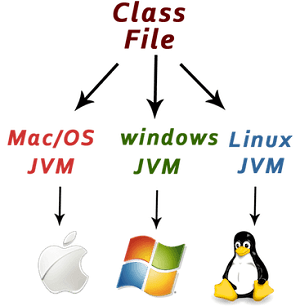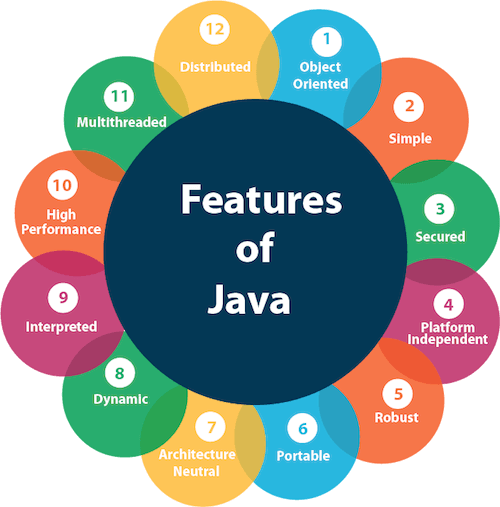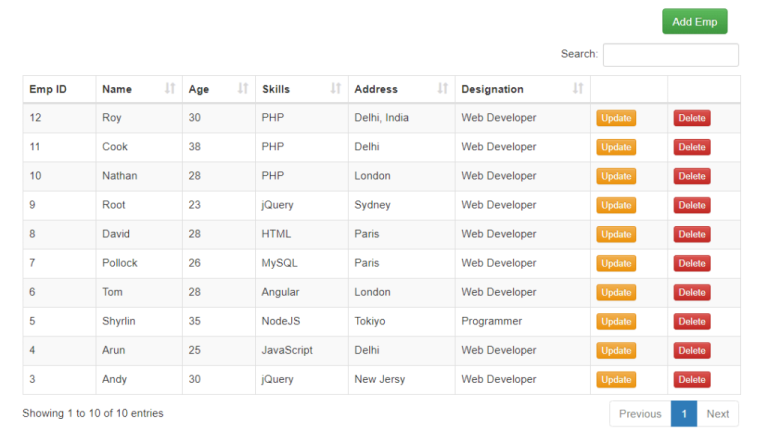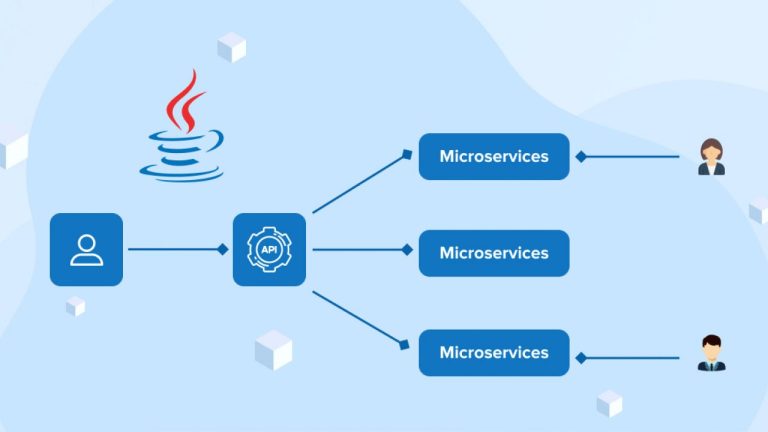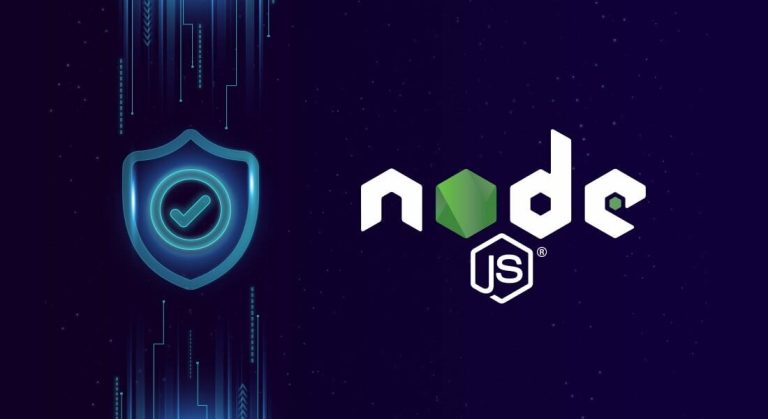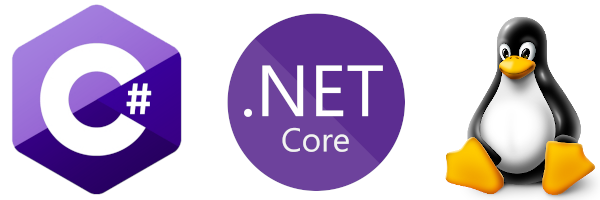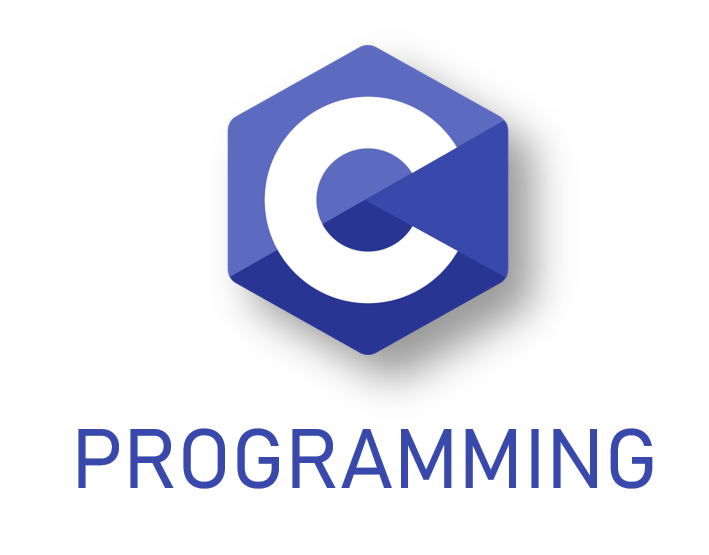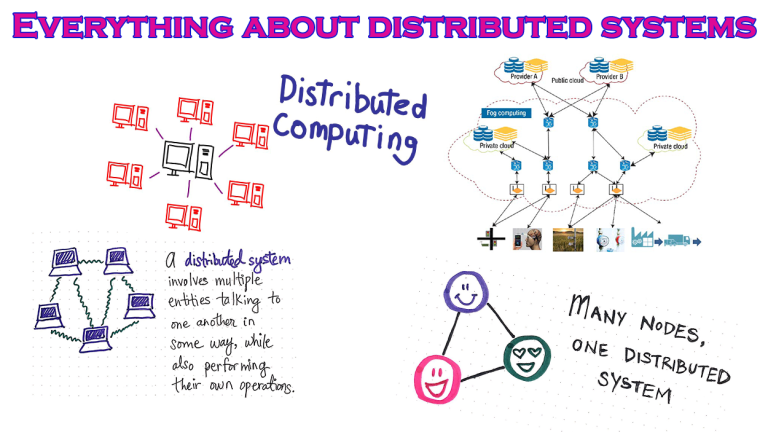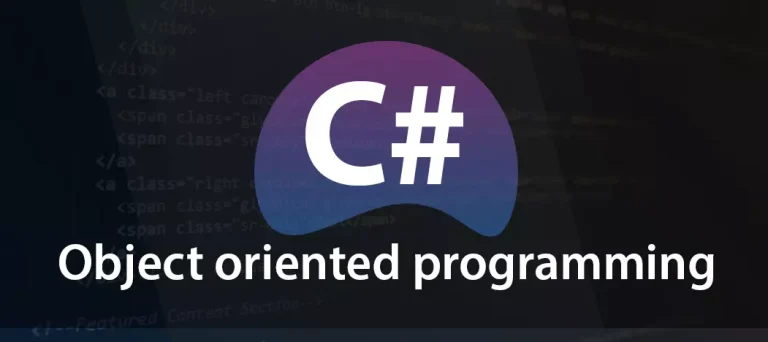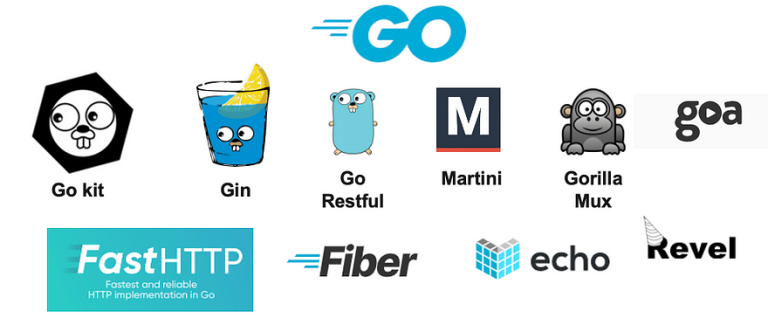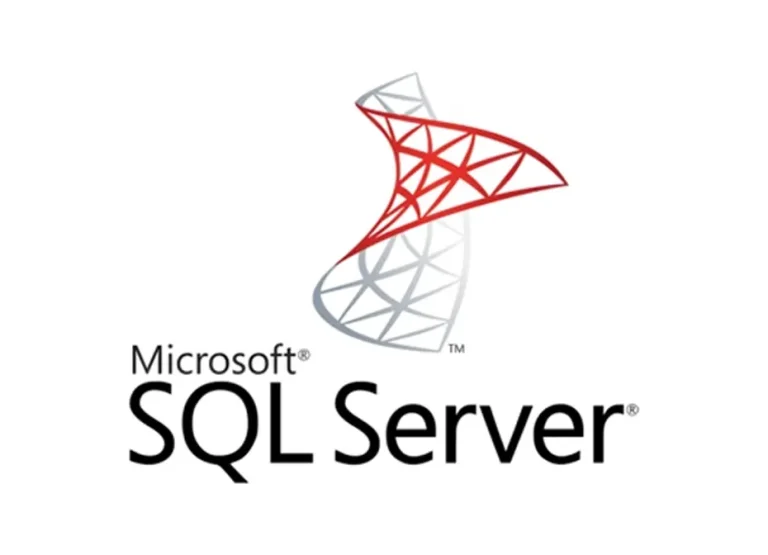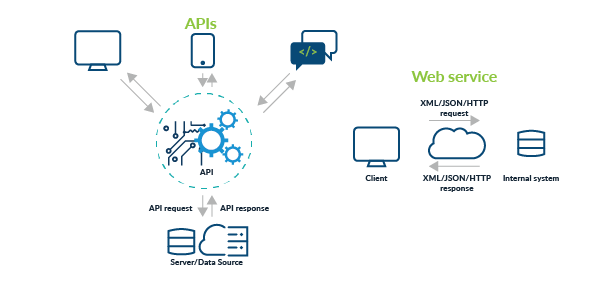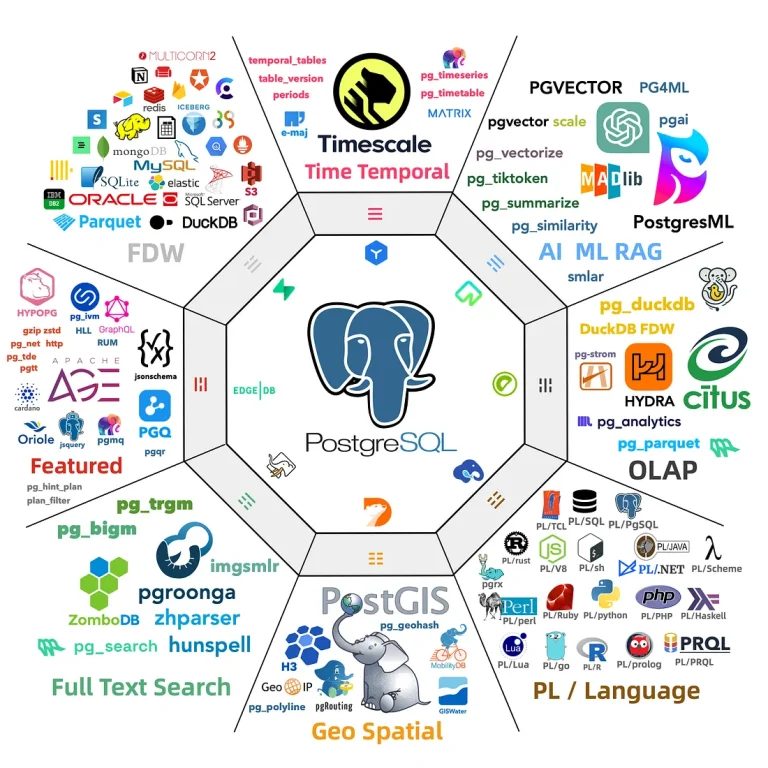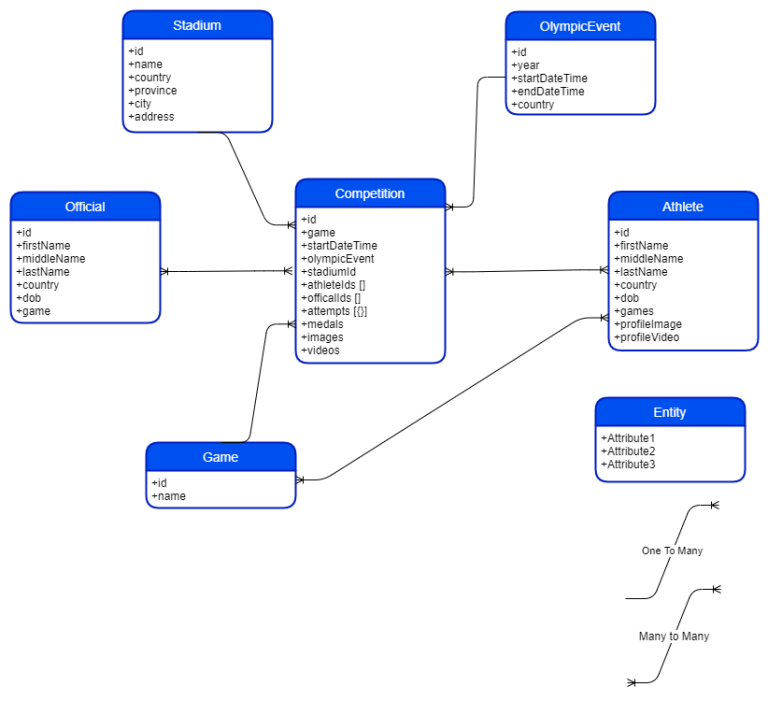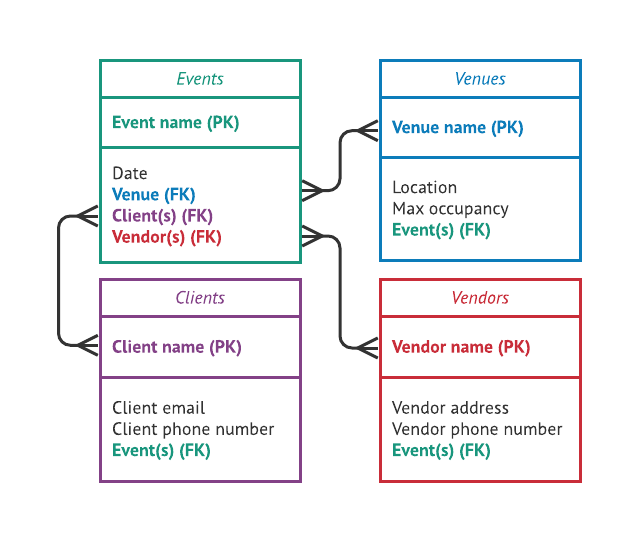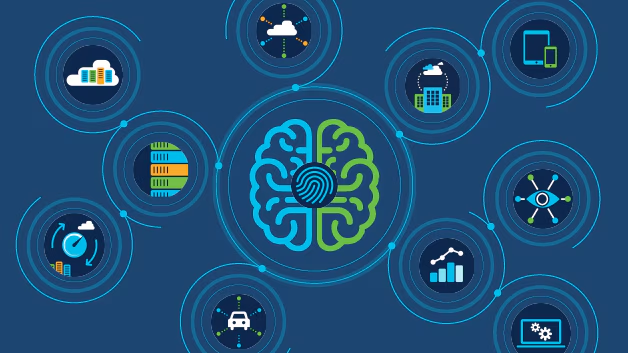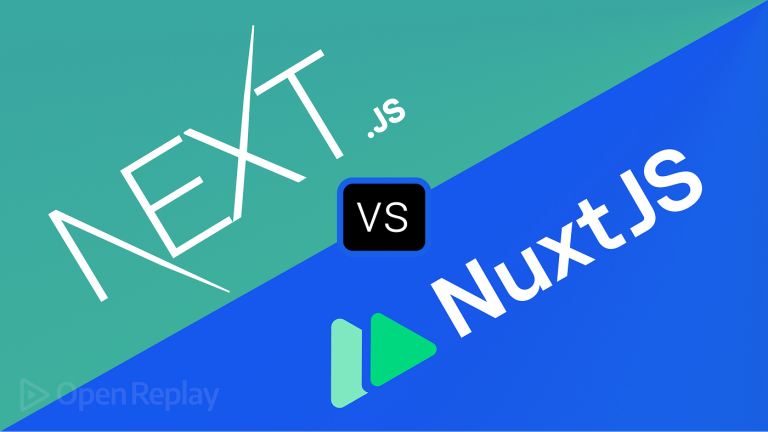Java is a high-level, versatile, and object-oriented programming language that was developed by Sun Microsystems in the mid-1990s. It is designed to be platform-independent, which means that Java programs can run on any device that has a Java Virtual Machine (JVM), regardless of the underlying hardware and operating system.
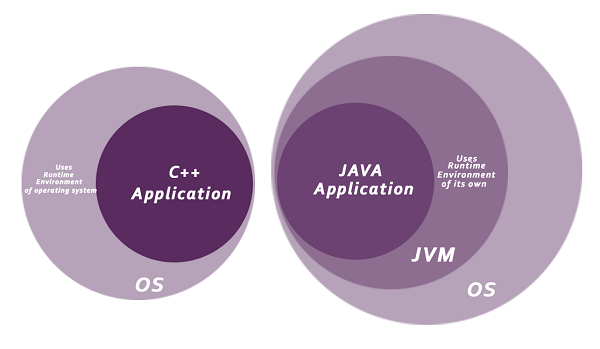
Key features of Java programming include:
- Platform Independence: Java programs are compiled into an intermediate form called bytecode, which can be executed on any device with a compatible JVM. This “write once, run anywhere” philosophy makes Java highly portable.
- Object-Oriented: Java follows the principles of object-oriented programming (OOP), which involves encapsulation, inheritance, and polymorphism. Objects are instances of classes, and Java encourages the creation of modular and reusable code through classes and objects.
- Syntax Similar to C/C++: Java’s syntax is similar to C and C++, making it relatively easy for programmers familiar with these languages to learn Java.
- Automatic Memory Management: Java incorporates a garbage collector that automatically manages memory, freeing developers from the burden of manual memory allocation and deallocation.
- Rich Standard Library: Java comes with a comprehensive standard library that provides a wide range of pre-built functionalities, making it easier for developers to perform common tasks without having to write extensive code.
- Multithreading: Java supports multithreading, allowing the concurrent execution of multiple threads within a program. This is particularly useful for building responsive and scalable applications.
- Security: Java has built-in security features to protect systems from harmful activities, such as unauthorized access and malicious code execution.
- Community and Ecosystem: Java has a large and active community of developers, and there is an extensive ecosystem of libraries, frameworks, and tools that contribute to its popularity and versatility.
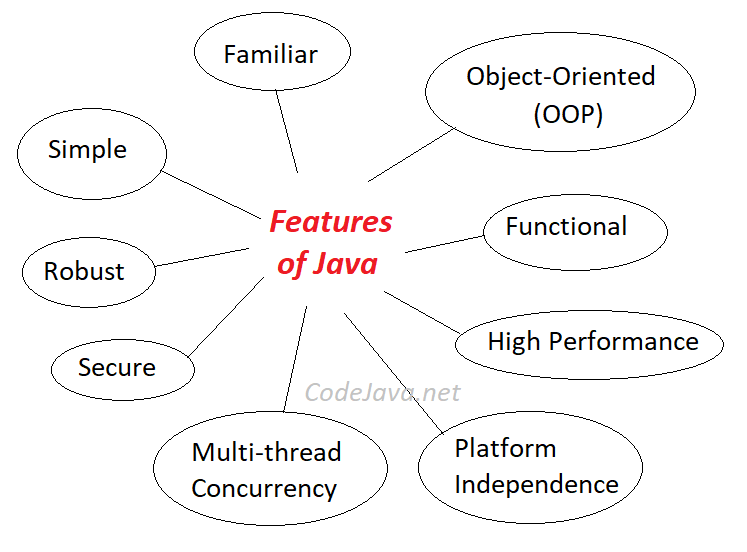
Java is widely used for various types of applications, including web development (using technologies like JavaServer Pages and Servlets), enterprise-level applications, mobile applications (using Android), and more. The Java Development Kit (JDK) includes tools for developing and running Java applications, and popular integrated development environments (IDEs) like Eclipse, IntelliJ IDEA, and NetBeans provide comprehensive support for Java development.
